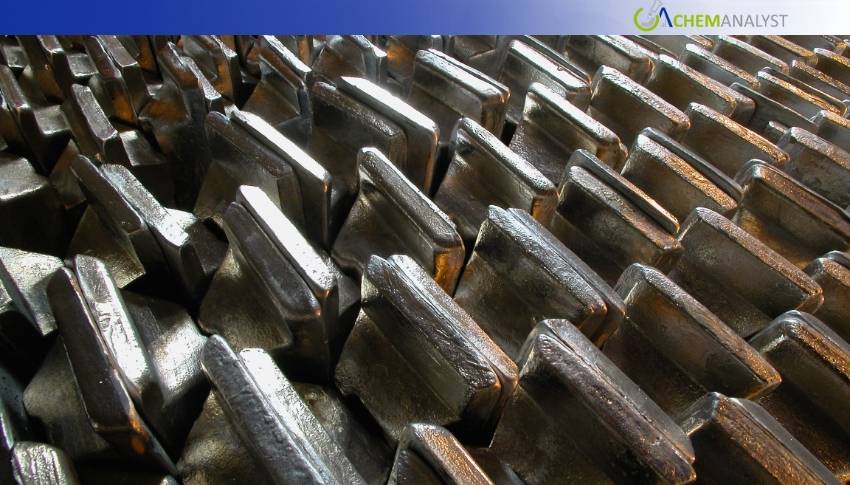Welcome To ChemAnalyst

The Chinese aluminium alloy ingot market remained stable in mid-July, supported by solid exports and strong automotive demand. In Japan, prices rose as increased auto sales and producers’ investments in sustainability and die-casting innovations boosted market confidence.
The Chinese aluminium alloy ingot market experienced price stability in mid-July, with no week-on-week fluctuations. This steadiness was a result of a delicate balance between increasing domestic inventory and a resurgence in local demand, supported by a persistent strength in demand from importing countries.
Secondary aluminium alloy ingot inventories in key Chinese consumption hubs, particularly Foshan and Ningbo, experienced a notable rise on July 17. Foshan's stock increased by 1,983 mt and Ningbo's by 1,398 mt, contributing to a total of 28,328 mt across Foshan, Ningbo, and Wuxi, and pushing the overall major domestic consumption area inventory to 30,298 mt—an increase of 3,532 mt from the previous week.
The performance of unwrought aluminium alloy ingot exports was notable in June 2025, with 25,800 metric tons shipped, marking a 23.8% year-over-year expansion and a 6.6% month-over-month uptick. For the first half of 2025, total aluminium alloy ingot exports reached 120,300 metric tons, registering a 3.1% year-on-year improvement.
The Chinese automotive sector is maintaining its strong demand for aluminium alloy ingots throughout July. Data from the China Association of Automobile Manufacturers reveals that in the first half of 2025, both automobile production and sales in China surpassed 15 million units for the first time. This substantial volume, alongside a remarkable 40% year-on-year increase in new energy vehicle production and sales, is sustaining the requirement for aluminium alloy ingots.
Japanese aluminium alloy ingot prices rose by 2% in mid-July as manufacturers increased sales prices. This adjustment comes as producers aim to finally pass on the rising costs of production, particularly electricity and labor expenses, which they have absorbed until now.
The aluminium alloy ingot market is showing unexpected strength amid off-season conditions, largely due to the constrained supply of resilient shredded aluminium tense scrap. Robust demand from the automotive industry, exemplified by Japan's 21.32% surge in June 2025 auto sales (393,160 units), is a key driver. This strong performance in the transportation sector is fostering growth in both domestic consumption and exports of aluminium alloy ingots.
Japan's aluminium alloy ingot market is buzzing with key developments. Ryobi is pushing for sustainable material innovation within three years, while Honda Trading diversifies its aluminum raw material sales, prioritizing scrap for the global carbon-neutral building sector. Meanwhile, Mino Kogyo is significantly boosting its capacity for large automotive die-cast parts, investing in new machinery to enhance quality and efficiency for the evolving auto industry.
We use cookies to deliver the best possible experience on our website. To learn more, visit our Privacy Policy. By continuing to use this site or by closing this box, you consent to our use of cookies. More info.
